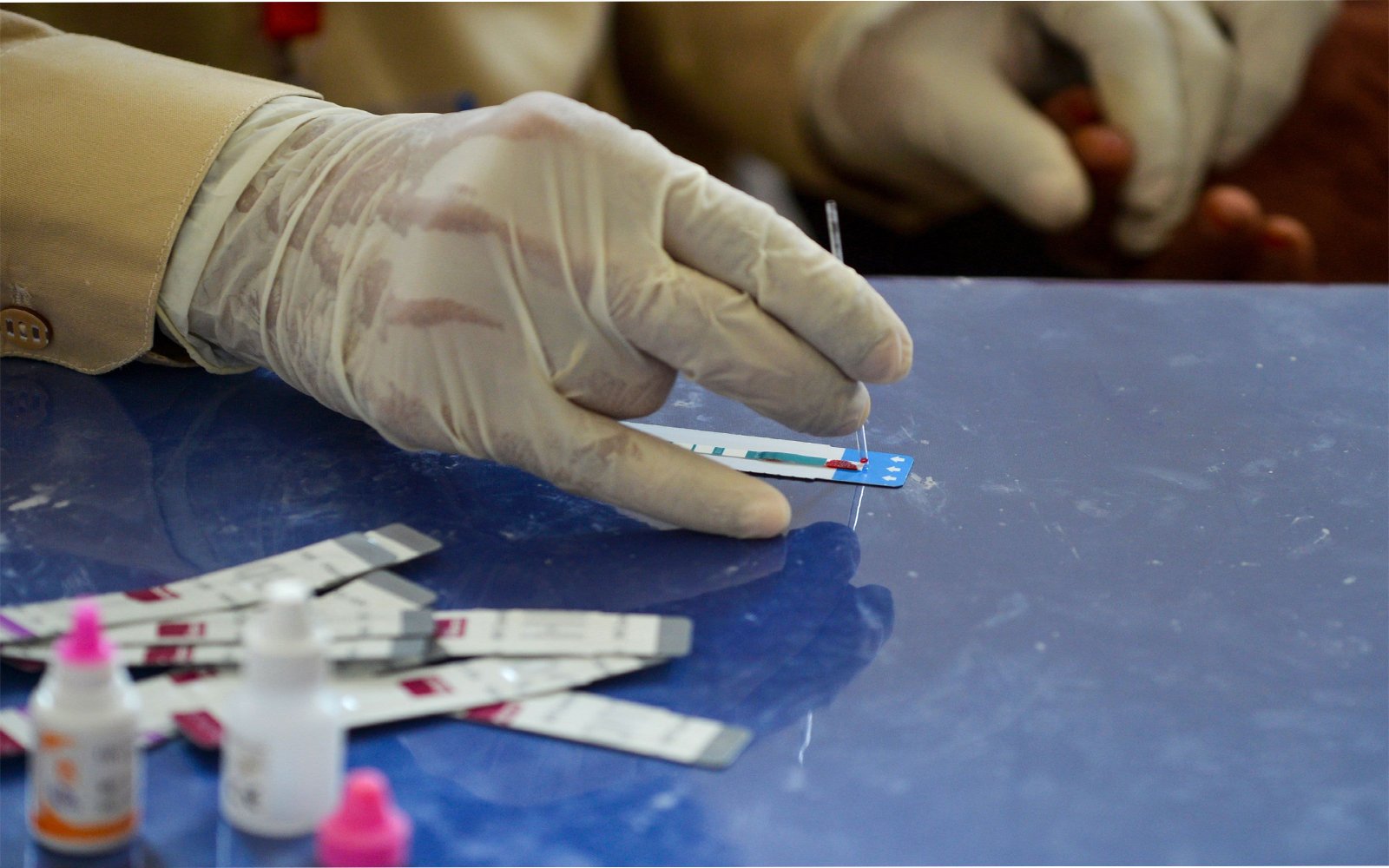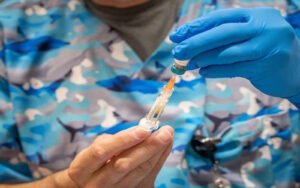Pakistan is witnessing a sharp rise in HIV cases, with public health experts warning that the country is moving deeper into a concentrated epidemic. Despite the government’s commitment under the Sustainable Development Goals to control the spread of HIV, ground realities reveal alarming gaps in regulation, awareness, and enforcement.
While the virus is commonly transmitted through unsafe sexual practices, contaminated needles, and mother-to-child transfer, a less discussed but increasingly dangerous factor has come under scrutiny — the role of beauty salons, barbershops, and aesthetic clinics.
Beauty & Aesthetic Services Under the Spotlight
From hair transplants to skin procedures, microneedling, and injectable treatments, many of these services involve skin penetration. Experts caution that in unregulated establishments, where practitioners often lack certified medical training, unsafe practices are putting thousands at risk of HIV and other blood-borne infections.
“In many parlours and clinics, sterilisation protocols are ignored,” said a senior public health official. “Razors, scissors, and needles are often reused without proper disinfection, making them potential carriers of HIV.”
This concern is echoed in urban centres where aesthetic and cosmetic procedures are booming without oversight. The absence of trained professionals and the reuse of contaminated instruments are fueling fears that these facilities may be silent contributors to the country’s rising HIV numbers.
Calls for Regulation and Oversight
Healthcare specialists argue that Pakistan’s HIV control efforts have largely centered on hospitals, blood transfusions, and high-risk groups, leaving community-level services unchecked. Dermatologists and infectious disease experts are now urging stricter regulations, mandatory training, and routine inspections for salons and clinics performing invasive procedures.
“These establishments cannot operate without accountability,” said a dermatologist in Lahore. “Anyone conducting procedures that involve blood or skin penetration must be trained, certified, and monitored.”
Leadership and Policy Response
Recent changes within the Ministry of Health have sparked cautious optimism. The appointment of Professor Dr. Ayesha Isani Majeed as Federal Director General of Health is being welcomed by medical professionals, given her past contributions to public health and HIV prevention programs. Health Minister Syed Mustafa Kamal has also expressed a strong commitment to reforms, though experts stress that translating policy into swift action will be critical.
Way Forward
To tackle this crisis, experts recommend three urgent steps:
-
Mandatory Training Programs for salon and clinic workers on sterilisation and HIV prevention.
-
Strict Licensing and Regular Inspections by provincial health authorities for any establishment performing skin-penetrating procedures.
-
Public Education Campaigns to address misconceptions, reduce stigma, and encourage HIV testing.
Pakistan’s HIV crisis is no longer confined to high-risk groups; it is spreading in everyday community settings. Without immediate regulation, education, and enforcement, the situation could spiral further out of control.
The risk from unregulated beauty and aesthetic services is real — and growing. Unless swift measures are taken, these overlooked venues may continue to silently fuel one of Pakistan’s most pressing public health emergencies.









